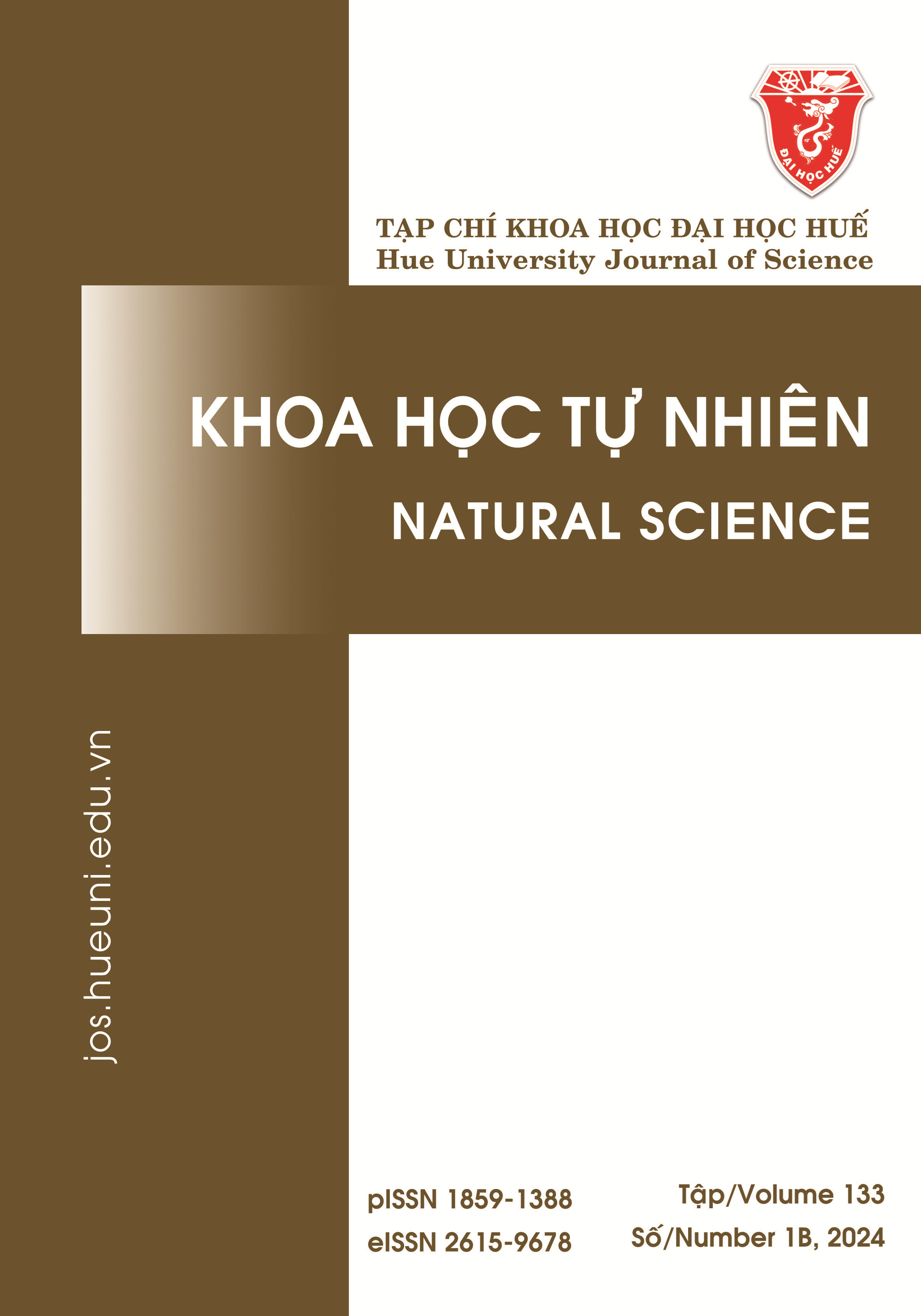Abstract
In this work, intelligent reflecting surface (IRS) is integrated to improve the transmission power in the simultaneous wireless information and power transfer (SWIPT) system with hybrid time-switching (TS) users. The considered scenario includes one base station (BS), one IRS, and multiple TS users, where the BS transmits the information and energy signals to the receivers with IRS assistance. The sum transmission power minimization problem is formulated under the quality-of-service constraints of data rate and energy harvesting amount at the TS users and the equal time-switching periods. The successive convex approximation and alternating optimization methods are exploited to construct efficient algorithms for finding the suboptimal precoding beamforming vectors at the BS and the phase shifts at the IRS elements. Finally, the numerical results show convergence and significant improvement in performance as compared to conventional baseline schemes.
References
- Di Renzo M, Zappone A, Debbah M, Alouini MS, Yuen C, De Rosny J, et al. Smart radio environments empowered by reconfigurable intelligent surfaces: How it works, state of research, and road ahead. IEEE J Sel Areas Commun. 2020;38(11):2450-2525.
- Wu Q , Zhang R. Towards smart and reconfigurable environment: Intelligent reflecting surface aided wireless network. IEEE communications magazine. 2019;58(1):106-12.
- Gong S, Lu X, Hoang DT, Niyato D, Shu L, Kim DI, et al. Towards smart radio environment for wireless communications via intelligent reflecting surfaces: A comprehensive survey. IEEE Commun. Surveys Tut. 2020;22(4):2283-2314.
- Wu Q, Zhang S, Zheng B, You C, Zhang R. Intelligent reflecting surface-aided wireless communications: A tutorial. IEEE Transactions on Communications. 2021;69(5):3313-51.
- Zheng B, You C, Mei W, Zhang R. A survey on channel estimation and practical passive beamforming design for intelligent reflecting surface aided wireless communications. IEEE Communications Surveys & Tutorials. 2022;24(2):1035-71.
- Ding Z, Zhong C, Ng DWK, Peng M, Suraweera HA, Schober R, et al. Application of Smart Antenna Technologies in Simultaneous Wireless Information and Power Transfer. IEEE Commun. Magazine. 2015;53(4):86-93.
- Qi Q, Chen X, Ng DWK. Robust beamforming for NOMA-based cellular massive IoT with SWIPT. IEEE Trans Signal Process. 2020;68(211):211-24.
- Zhang R, Ho CK. MIMO broadcasting for simultaneous wireless information and power transfer. IEEE Transactions on Wireless Communications. 2013;12(5):1989-2001.
- Clerckx B, Zhang R, Schober R, Ng DWK, Kim DI, Poor HV. Fundamentals of Wireless Information and Power Transfer: From RF EnergyHarvester Models to Signal and System Designs. IEEE J Sel Areas Commun. 2019;37(1):4-33.
- Clerckx B, Huang K, Varshney LR, Ulukus S, Alouini MS. Wireless power transfer for future networks: Signal processing, machine learning, computing, and sensing. IEEE Journal of Selected Topics in Signal Processing. 2021;15(5):1060-94.
- Wu Q, Zhang R. Weighted sum power maximization for intelligent reflecting surface aided SWIPT. IEEE Wireless Communications Letters. 2019;9(5):586-90.
- Tang Y, Ma G, Xie H, Xu J, Han X, editors. Joint Transmit and Reflective Beamforming Design for IRS-Assisted Multiuser MISO SWIPT Systems. ICC 2020 - 2020 IEEE International Conference on Communications (ICC); 2020.
- Khalili A, Zargari S, Wu Q, Ng DW, Zhang R. Multi-objective resource allocation for IRS-aided SWIPT. IEEE Wireless Communications Letters. 2021;10(6):1324-8.
- Zargari S, Khalili A, Wu Q, Mili MR, Ng DW. Max-min fair energy-efficient beamforming design for intelligent reflecting surface-aided SWIPT systems with non-linear energy harvesting model. IEEE Transactions on Vehicular Technology. 2021;70(6):5848-64.
- Liu J, Xiong K, Lu Y, Ng DW, Zhong Z, Han Z. Energy efficiency in secure IRS-aided SWIPT. IEEE Wireless Communications Letters. 2020;9(11):1884-8.
- Sun W, Song Q, Guo L, Zhao J, editors. Secrecy Rate Maximization for Intelligent Reflecting Surface Aided SWIPT Systems. 2020 IEEE/CIC International Conference on Communications in China (ICCC); 2020.
- Zargari S, Farahmand S, Abolhassani B. Joint design of transmit beamforming, IRS platform, and power splitting SWIPT receivers for downlink cellular multiuser MISO. Physical Communication. 2021;48:101413.
- Tuan PV, Son PN. Intelligent reflecting surface assisted transceiver design optimization in non-linear SWIPT network with heterogeneous users. Wireless Networks. 2022;28(5):1889-908.
- Kudathanthirige D, Gunasinghe D, Amarasuriya G, editors. Max-min Fairness-based IRS-aided SWIPT. GLOBECOM 2020 - 2020 IEEE Global Communications Conference; 2020.
- Wu Q, Zhou X, Chen W, Li J, Zhang X. IRS-aided WPCNs: A new optimization framework for dynamic IRS beamforming. IEEE Transactions on Wireless Communications. 2021;21(7):4725-39.
- Zargari S, Hakimi A, Tellambura C, Herath S. User Scheduling and Trajectory Optimization for Energy-Efficient IRS-UAV Networks With SWIPT. IEEE Transactions on Vehicular Technology. 2023;72(2):1815-30.
- Boyd S, Boyd SP, Vandenberghe L. Convex optimization. Cambridge: Cambridge university press; 2004.
- Grant M, Boyd S. CVX: Matlab software for disciplined convex programming, version 2.1; 2014.
- Lobo MS, Vandenberghe L, Boyd S, Lebret H. Applications of second-order cone programming. Linear algebra and its applications. 1998;284(1-3):193-228.
- Ben-Tal A, Nemirovski A. Lectures on modern convex optimization: analysis, algorithms, and engineering applications. Philadelphia: Society for industrial and applied mathematics; 2001.
- Karipidis E, Sidiropoulos ND, Luo ZQ. Quality of service and max-min fair transmit beamforming to multiple cochannel multicast groups. IEEE Transactions on Signal Processing. 2008;56(3):1268-79.
- Goldsmith A, Wireless Communications. Cambridge: Cambridge university press; 2005.
- Wu Q, Zhang R. Intelligent reflecting surface enhanced wireless network via joint active and passive beamforming. IEEE Transactions on Wireless Communications. 2019;18(11):5394-409.
- Hu S, Wei Z, Cai Y, Liu C, Ng DW, Yuan J. Robust and secure sum-rate maximization for multiuser MISO downlink systems with self-sustainable IRS. IEEE Transactions on Communications. 2021;69(10):7032-49.
- Priya TS, Mardeni R. Optimised COST-231 Hata models for WiMAX path loss prediction in suburban and open urban environments. Modern Applied Science. 2010;4(9):75-89.
- Wu Q, Zhang R. Intelligent reflecting surface enhanced wireless network via joint active and passive beamforming. IEEE Transactions on Wireless Communications. 2019;18(11):5394-409.
- Björnson E, Sanguinetti L. Power scaling laws and near-field behaviors of massive MIMO and intelligent reflecting surfaces. IEEE Open Journal of the Communications Society. 2020;1:1306-24.

This work is licensed under a Creative Commons Attribution-ShareAlike 4.0 International License.
Copyright (c) 2024 Array




